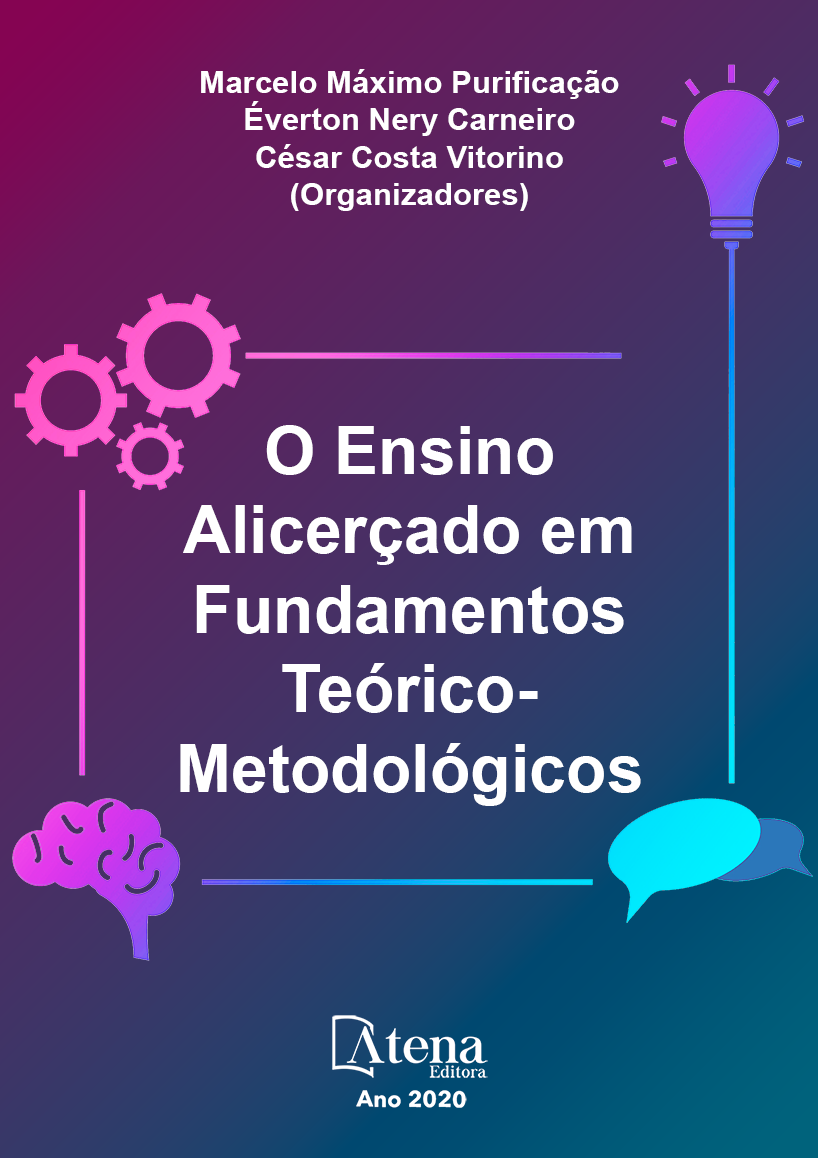
PRÁTICAS AMBIENTAIS EDUCATIVAS: UMA PERSPECTIVA AUSUBELIANA PARA PROFESSORES E ALUNOS NOS ANOS INICIAIS DO ENSINO FUNDAMENTAL
O presente estudo descreve uma experiência de ensino com a elaboração e
aplicação de recursos didáticos voltados à educação ambiental em uma turma do 3º ano do
ensino fundamental de uma escola pública localizada no distrito de Icoaraci, no município de
Belém do Pará, Brasil. O objetivo foi promover um senso de responsabilidade social em relação
ao meio ambiente, com o objetivo de conscientizar sobre a interação homem/ambiente,
buscando contribuir para a reeducação dos alunos em relação ao descarte correto e incorreto
do lixo, bem como a participação ativa de professores na produção de material de apoio e na
redução de custos em sua criação. Para isso, o papelão foi utilizado como matéria-prima para a
elaboração de material de apoio pedagógico. As atividades foram compostas por referenciais
demonstrativos e jogo pedagógico. A análise e interpretação dos dados coletados foram
orientadas pela Teoria da Aprendizagem Significativa de David Ausubel. O resultado da
aplicação aponta a aprendizagem de novos conceitos sobre ambiente, pois os alunos se
envolveram na dinâmica da sala de aula, relataram experiências cotidianas e apresentaram os
novos significados adquiridos em relação à responsabilidade social sobre o meio ambiente.
PRÁTICAS AMBIENTAIS EDUCATIVAS: UMA PERSPECTIVA AUSUBELIANA PARA PROFESSORES E ALUNOS NOS ANOS INICIAIS DO ENSINO FUNDAMENTAL
-
DOI: 10.22533/at.ed.64710140813
-
Palavras-chave: educação ambiental, aprendizagem significativa, materiais didáticos, lixo.
-
Keywords: environmental education, meaningful learning, didactic materials, garbage.
-
Abstract:
The following study describes a teaching experience with the elaboration and
application of didactic resources in environmental education in the third year of elementary
school in a public school at the district of Icoaraci, in the municipality of Belém in Pará, Brazil.
The aim was to promote a sense of social responsibility about the environment, with the goal of
raising awareness about the man/nature interaction, seeking to contribute to students’ re-
education about the correct and incorrect trash disposal, with the active participation of teachers
in the production of support material and the reduction of costs in their creation. For this, the
cardboard was used as raw material for the elaboration of pedagogical support material. The
expository class was composed by demonstrative references and pedagogical game. The
analyses and interpretation of the collected data was guided by David Ausubel’s Theory of
Meaningful Learning. The result points to the learning of new concepts about environment, due
to the students’ participation in the classroom dynamics, reported daily experiences and
presented the new meanings acquired in about social responsibility in environment.
-
Número de páginas: 13
- Penn Lee Menezes Rodrigues
- Cassia Regina Rosa Venâncio
- Patrícia Amaral da Silva
- Tânia Roberta Costa De Oliveira


